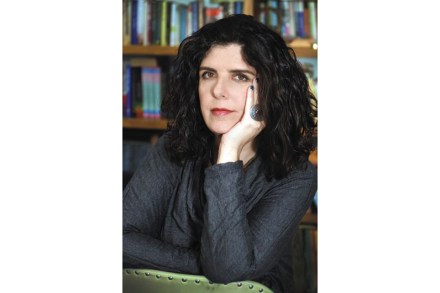In November 1935, Virginia Woolf saw a production of Romeo and Juliet. She was not overly impressed. ‘Acting it,’ she wrote, ‘they spoil the poetry.’ Harsh words, you might think, for a cast that included John Gielgud, Laurence Olivier, Peggy Ashcroft, Edith Evans and Alec Guinness. But Shakespeare on the stage was something of a bête noire for the Bloomsbury group. ‘We, of course, only read Shakespeare,’ Clive Bell later said. The Shakespeare that mattered was the one on the page. Shakespeare on stage was a bête noire for the Bloomsberries. ‘We, of course, only read Shakespeare,’ said Clive Bell Who was that ‘we’, though? Marjorie Garber’s understanding of the




















